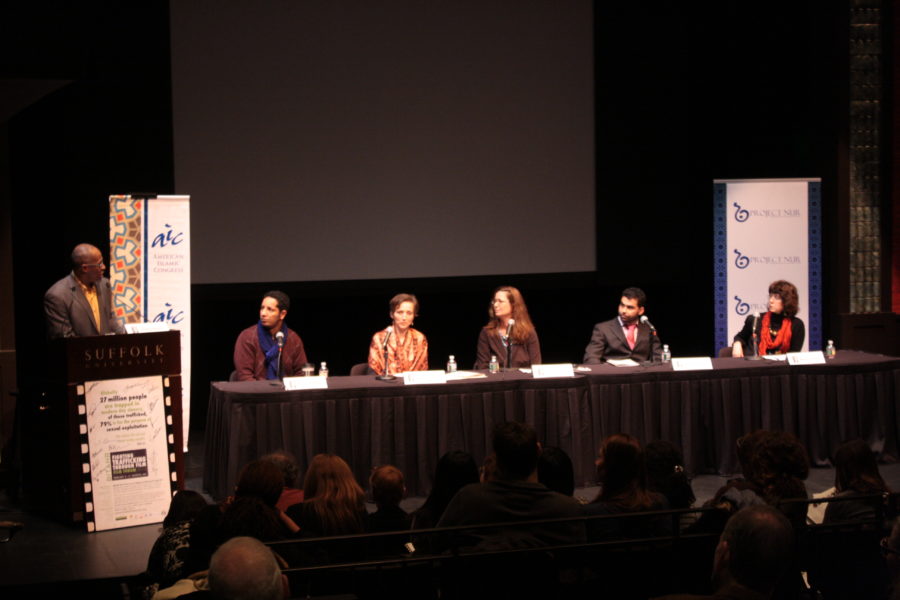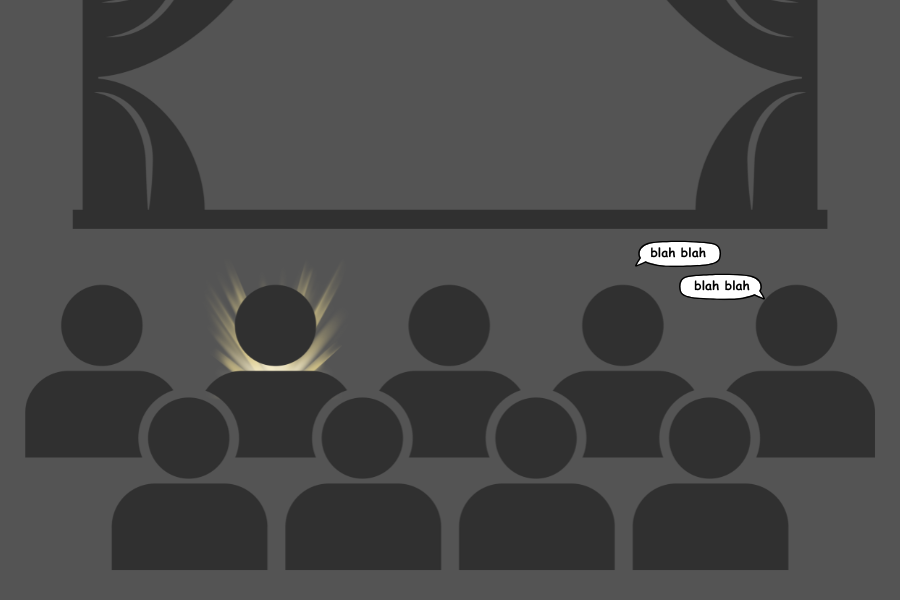Sarina Tracy
Journal Staff
There is a stalemate in Haiti and the antagonists are ready to make the next move. After the 7.0- magnitude earthquake of January 2010, millions of people lost their homes, families and livelihoods. Displaced from the rubble they once called home, people were forced to find patches of ground to live on. In many of these cases, victims flocked together, forming their own “tent cities” in nearby grounds, valleys, or anywhere else possible. Raggedy sheets were the norm for shelter material, and every day was filled with discomfort. After nine months of no aid, no funding and absolutely no hope, these refugees are now losing what little they have: a place to be. They are being evicted.
Even church leaders, those who should be the most compassionate and empathetic of all, are looking to expel the displaced from their property. One missionary from The Church of God evaluated the victim’s strife in especially harsh terms, saying, “They sit around all day, waiting for handouts.”
In the midst of their frustration, property owners are seeking to dismantle the tent camps as soon as possible, using their frustration with the lack of progress as an excuse. By directing their frustration in the wrong direction, not only are they creating more chaos, but more unrest.
Refugees International deemed the effort of so-called aid agencies as “dysfunctional” and “inexperienced.” They also said, “The people of Haiti are still living in a state of emergency, with a humanitarian response that appears paralysed. Gang leaders or land owners are intimidating the displaced. Sexual, domestic, and gang violence in and around the camps is rising. Action is urgently needed to protect the basic human rights of people displaced by the earthquake.”
It is incomprehensible to understand how landowners expect those who have lost practically everything but themselves to pick up from where they left off when their city is still literally in ruins. As of July, 98 percent of the rubble had not been cleared. Encampment is their only choice.
Evictions are commonplace now, and their methods vary. Some are abrupt and violent, and others are calm and facilitated. Some are eased by cash payoffs and incentives, and in more unfortunate cases, thugs are hired to wreak havoc by slashing and burning the tents.
By displacing the displaced even further, instability grows. Tensions increase. Tempers flare. An already unfortunate situation turns into an atrocious one.
The sad truth is that these refugees have no other options. The funding is nowhere to be found, the rubble is still on the ground, and the morale is at the lowest. It is not as if the tent camps are a desired place to be. They are living nightmares, filled with crime and despair. Paradise, it is not. Hell, it is.
What the Haitians need is this: accountability, competent aid, and understanding. The healing process needs to start, and that begins with the Haitian government helping the displaced in their housing, their welfare and, ultimately, their future. A new life cannot be created in the rubble. It needs to be cleared, people need to be healed, and life must go on.













